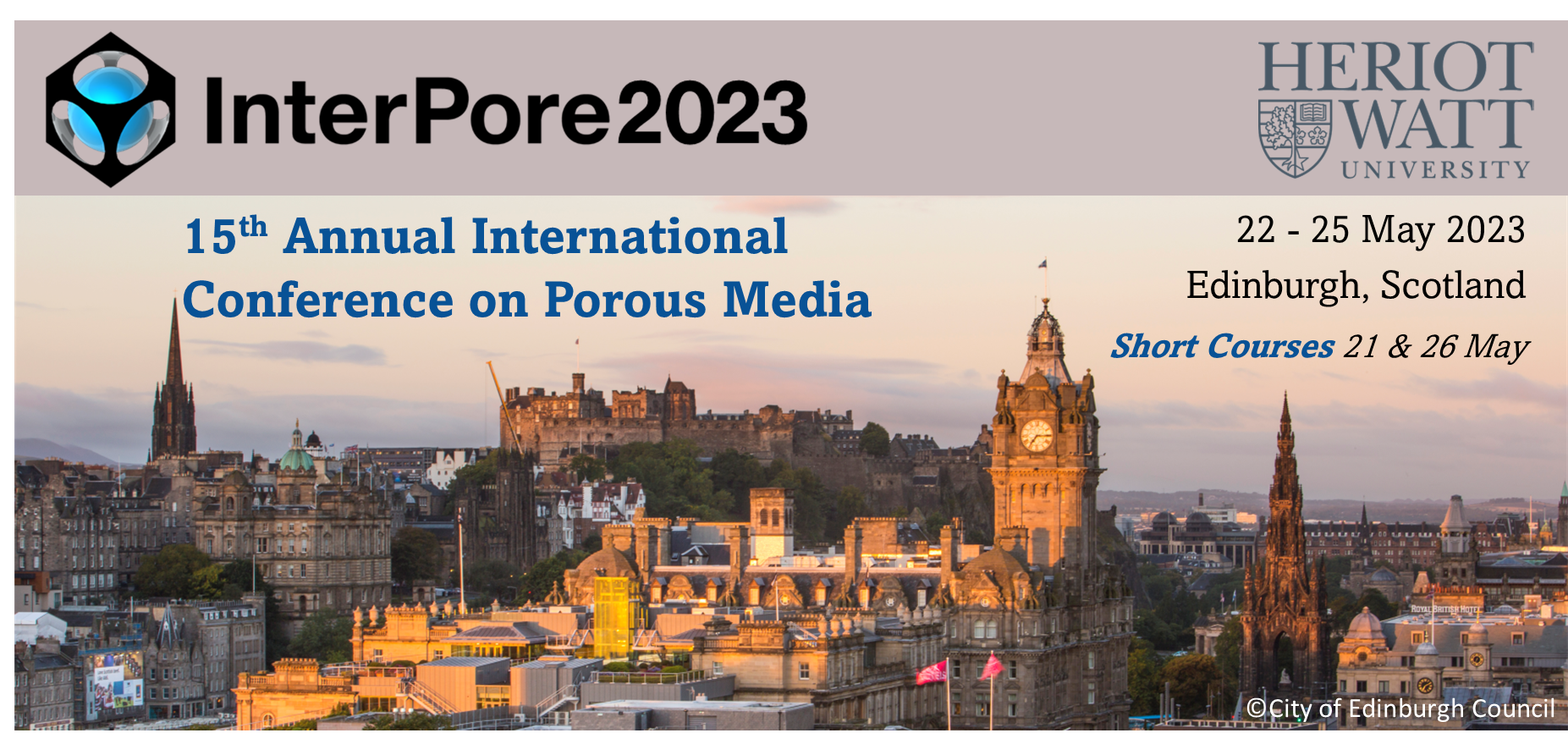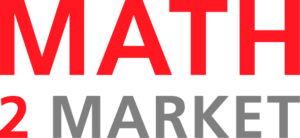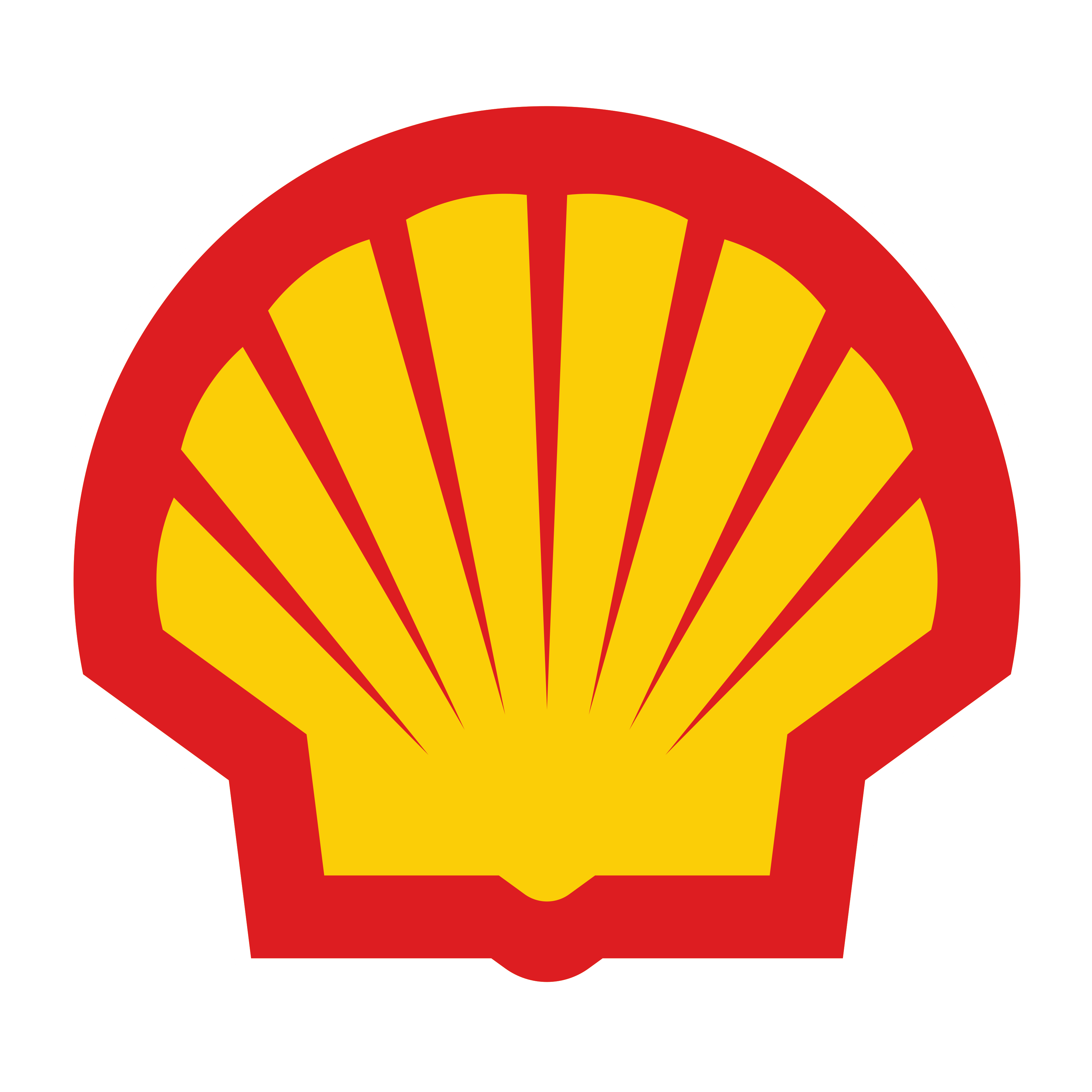Speaker
Description
Flocks of birds, schools of fishes, or bacterial colonies constitute examples of living systems that coordinate their motion. In all these systems their constituent elements generate motion due to energy consumption and can exchange information or react sensitively to chemical cues in order to move together or to react collectively to external signals. Artificial systems, such as Janus colloids, exploit the heterogeneous compositions of their surface to displace as a result of the heterogeneous chemical processes that take place in the presence of appropriate chemical substances.
All these systems are intrinsically out of equilibrium in the absence of any external driving. Therefore, their collective behavior emerges from a balance between their direct interactions and the indirect coupling to the medium in which they move, and a self-consistent dynamical approach is required to analyze their evolution. The mechanical balance that determines their collective behavior makes these systems very versatile.
Synthetic active particles constitute a class of model systems with huge technological potential.
I will analyze in the role that phoresis plays in the rectification of such model systems and the different mechanisms that lead to their propulsion. I will discuss the role that the dynamics of the embedding medium plays in the different regimes that characterize active colloids. These simple models will help to address the fundamental properties of active systems and I will discuss the generic implications that self-propulsion has in the emergence of structures in suspensions of model self-propelled particles.
In general, the steady states that characterizes these systems require a consistent dynamic treatment. I will analyze the role that the medium in which active colloids displace has in generating correlations among active particles them.
I will consider different mechanisms, such as swimming or heterogeneous catalysis, which lead to spontaneous self-organization in the absence of external driving for a variety of active suspensions. Such a comparison will help to discern between specific ingredients and general features determining the emergent properties of active systems.
| Participation | In-Person |
|---|---|
| Country | Spain |
| MDPI Energies Student Poster Award | No, do not submit my presenation for the student posters award. |
| Acceptance of the Terms & Conditions | Click here to agree |







